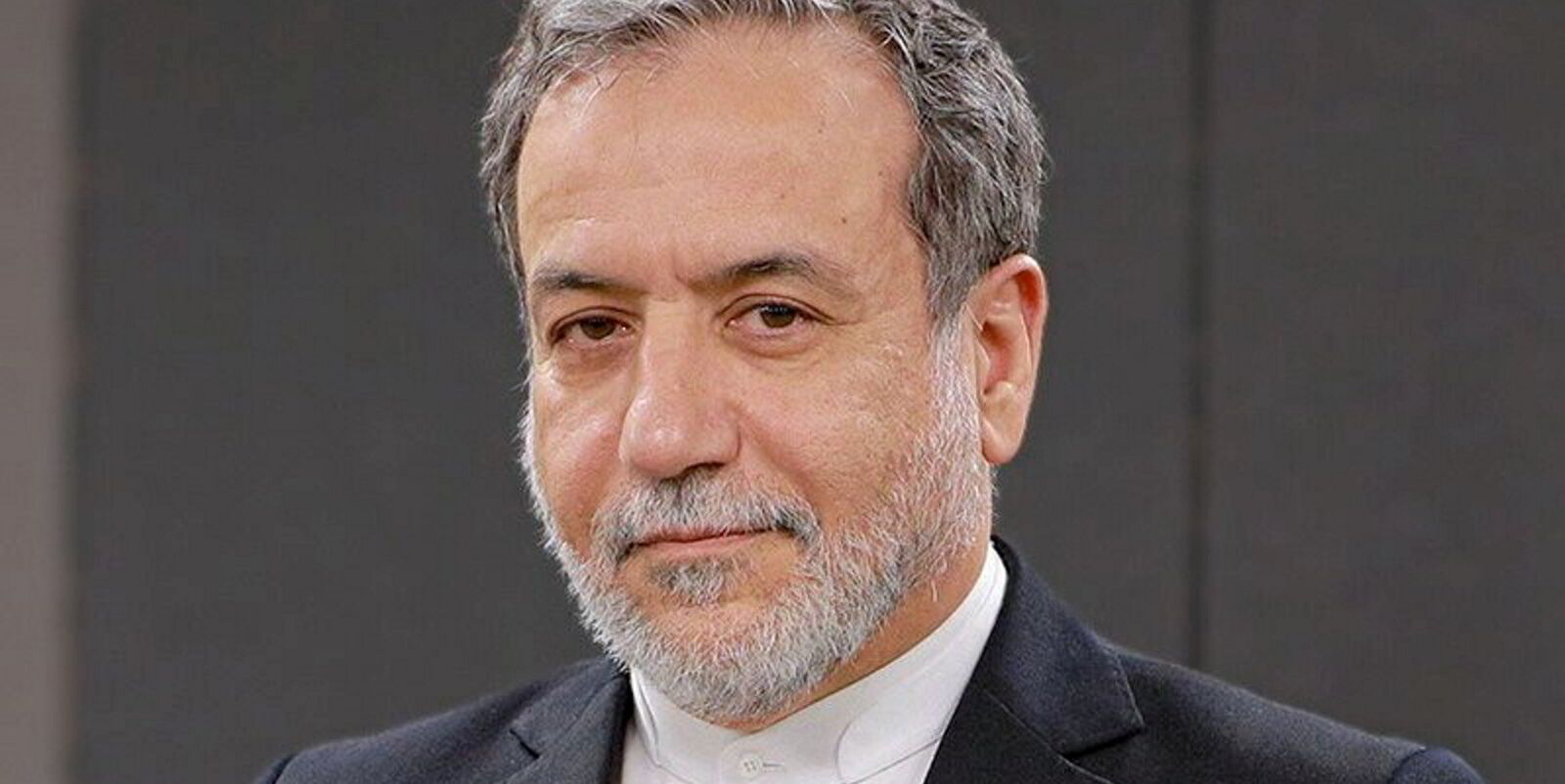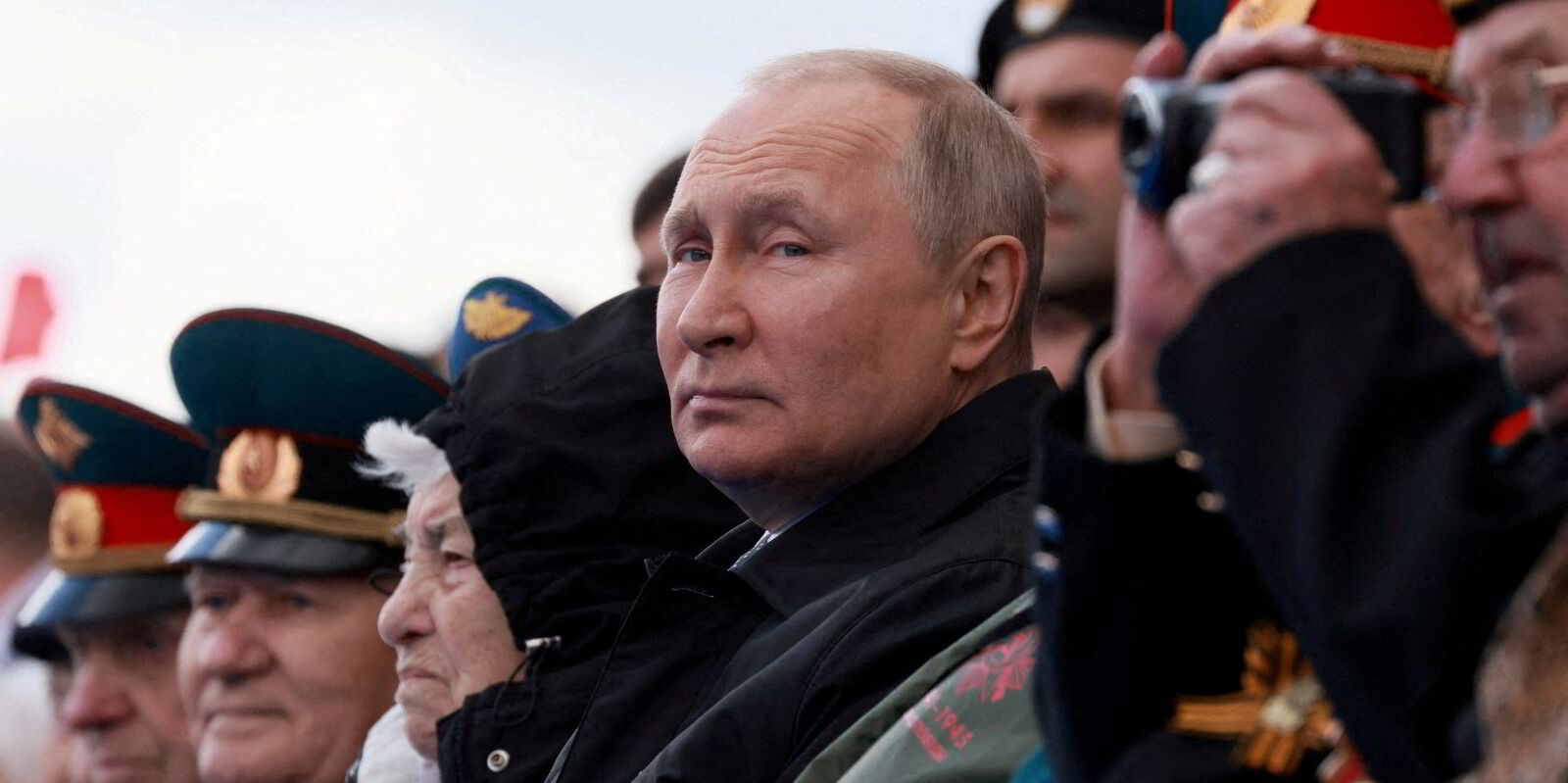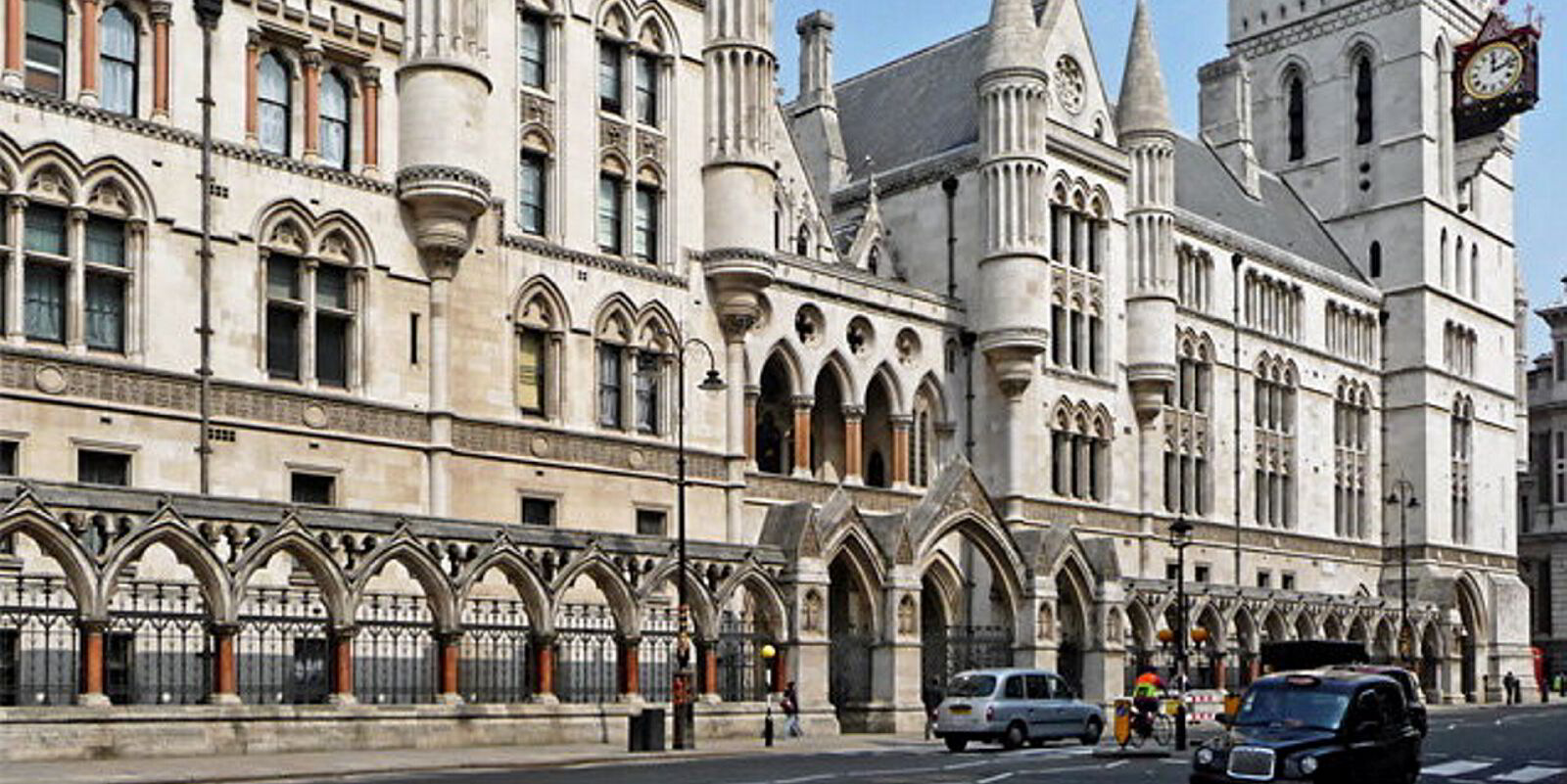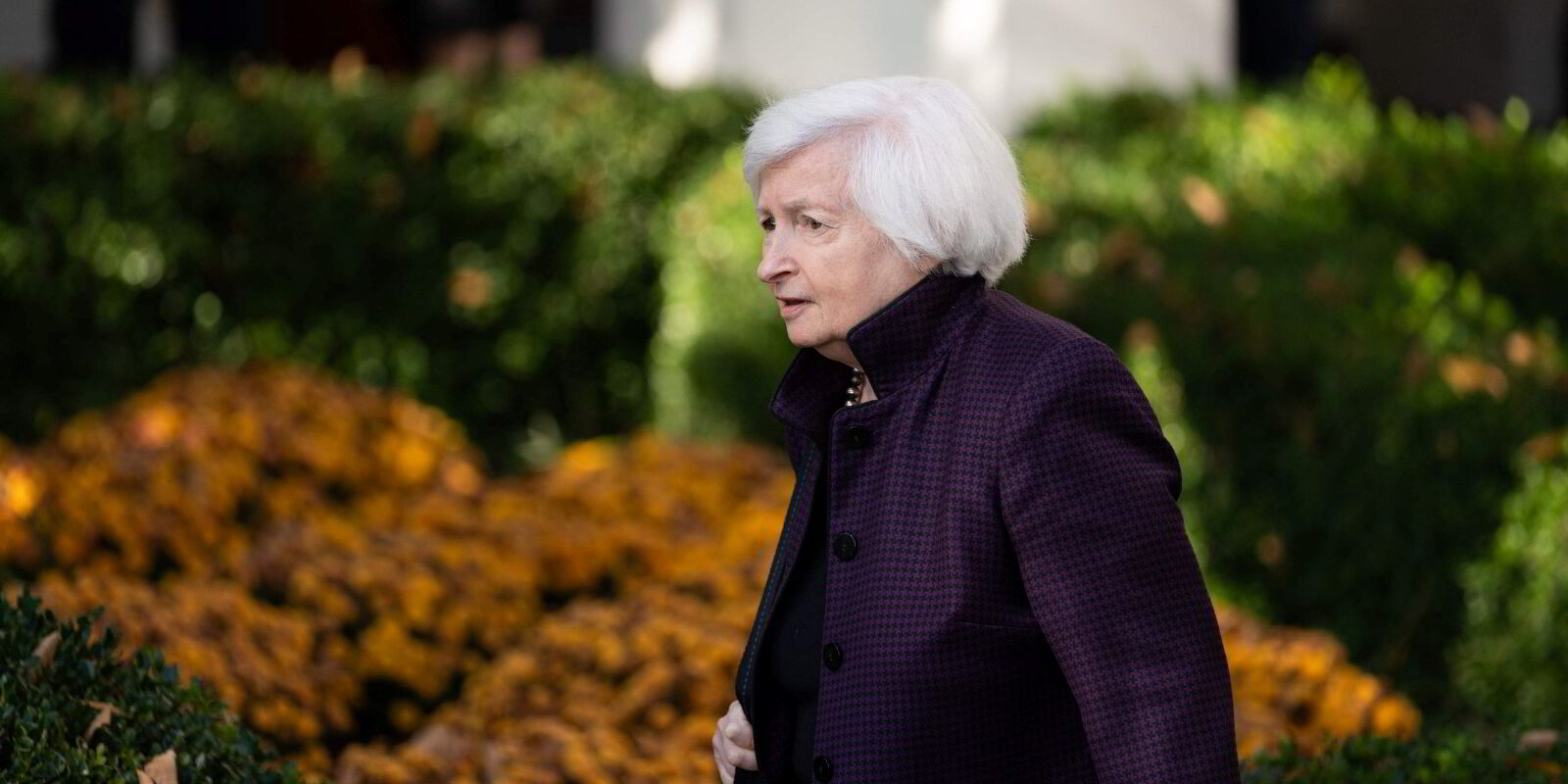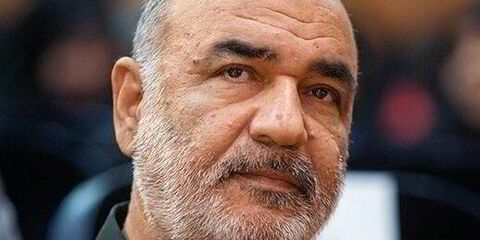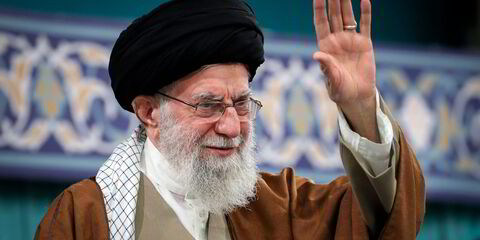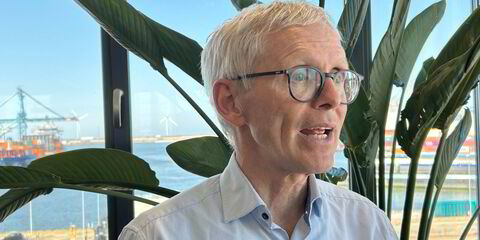Iranian foreign minister Abbas Araghchi has criticised reportedly imminent European Union sanctions on Islamic Republic of Iran Shipping Lines (IRISL).
Press TV reported Abbas as saying the move would be another sign that the EU’s behaviour towards his country has no legal, logical or moral basis.
Iranian press said a Wall Street Journal reporter claimed in a Saturday post on X that IRISL would be included in a new round of sanctions on Monday.
However, the post appears to refer to more shipping sanctions, without mentioning IRISL.
Araghchi posted on X that the measures would again be based on unfounded claims that Tehran has been delivering missiles to Russia for use in Ukraine.
He said the same reason was used by the EU in October to sanction Iran Air.
“Now, the EU is using the same non-existent missile pretext to also target our shipping lines,” he added.
“If anything, it will only compel what it ostensibly seeks to prevent.”
The minister believes sanctions would also be contrary to freedom of navigation.
Iran has denied it is supplying weapons for the Ukraine war.
IRISL is listed with 92 vessels, including two container ships, tankers, general cargo and multipurpose tonnage.
In June 2020, the US State Department sanctioned the company for being “the preferred shipping line for Iranian proliferators and procurement agents”.
Sanctions to become more complex
On Friday, TradeWinds reported that the shipping industry will face increasingly complex sanctions in coming years as governments embrace the strategy as a vital foreign policy tool, according to a senior official at the International Group of P&I Clubs.
The use of shipping sanctions has ramped up dramatically since Russia invaded Ukraine in February 2022, adding to existing measures targeting states including Venezuela, Iran and North Korea.
The EU’s import ban on Russian oil and the previously untested price cap scheme have led to an exodus of ships from the 12 International Group members to avoid scrutiny and compliance costs of dealing with G7-linked regulators.
Mark Church, chairman of the International Group’s sanctions committee, said that will continue if the onerous demands in place for the transport of Russian oil continue to expand and shift to other commodities.(Copyright)
